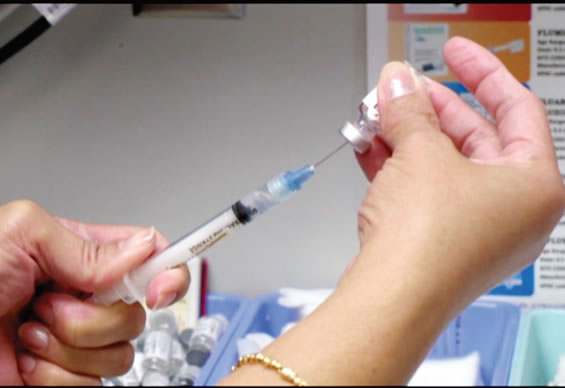Federal government has disclosed its plans to ensure local production of vaccines and to drastically reduce reliance on importation of pharmaceutical products.
Minister of state for health and social welfare, Dr. Tunji Alausa, stated this on Monday at a stakeholders’ dialogue to address the technology gaps in Nigeria’s pharmaceutical and vaccine sectors, with the African Pharmaceutical Technology Foundation (APTF) and the World Health Organisation (WHO), in Abuja.
The dialogue aims to synthesise ideas and solutions for the robust and contextual strategies that will expedite technology transfer for local manufacturing of medicine and vaccines.
This approach, the minister said, would provide a strong foundation that supports harnessing of local capacity to meet the health care needs of the population, adding that the intervention also stimulates local research and development activities for pharmaceuticals and other healthcare commodities.
“Nigeria, like many other African countries, was affected due to inability to manufacture vaccines locally, in the light of this, the Minister of Health and Social Welfare, Prof. Pate Ali, went ahead to develop a vaccine policy in order to be proactive in achieving sustainable local manufacturing of vaccines.
“This development of this epoch of making policy was undertaken alongside critical actors in the healthcare space and will be fit and proper response to the lack of access Nigeria and other similarly disadvantaged nations suffered during two vaccines. Pressure analysis probably did, again landscape during the COVID 19 pandemic, Dr. Alausa explained.
He said, “With the steps taken so far, I’m confident that the government prioritisation of vaccine production will begin to yield the desired result within the shortest possible time. Reliance on importation of pharmaceutical products will drastically reduce.”
The director-general of the National Institute for Pharmaceutical Research and Development (NIPRD), Dr. Obi Adigwe, said the institute is looking at leading the charge and coordinating science and to enable policy support the industry to get at least three local vaccines manufacturing entities in the country within the next three to five years.
He expressed optimism that the policy echo system will enable them to reach the target of three manufacturing entities in half the time that is set out .
“There are three companies that have indicated interest and have spoken to their MDs and chairmen. As the case may be, and given the integrity of these individuals, I know that those three companies will successfully manufacture vaccines within the next 24 to 36 months.
So, it is for us to enhance our activities to be sure that their support is contextual and enable them to reach that target,” he said.



